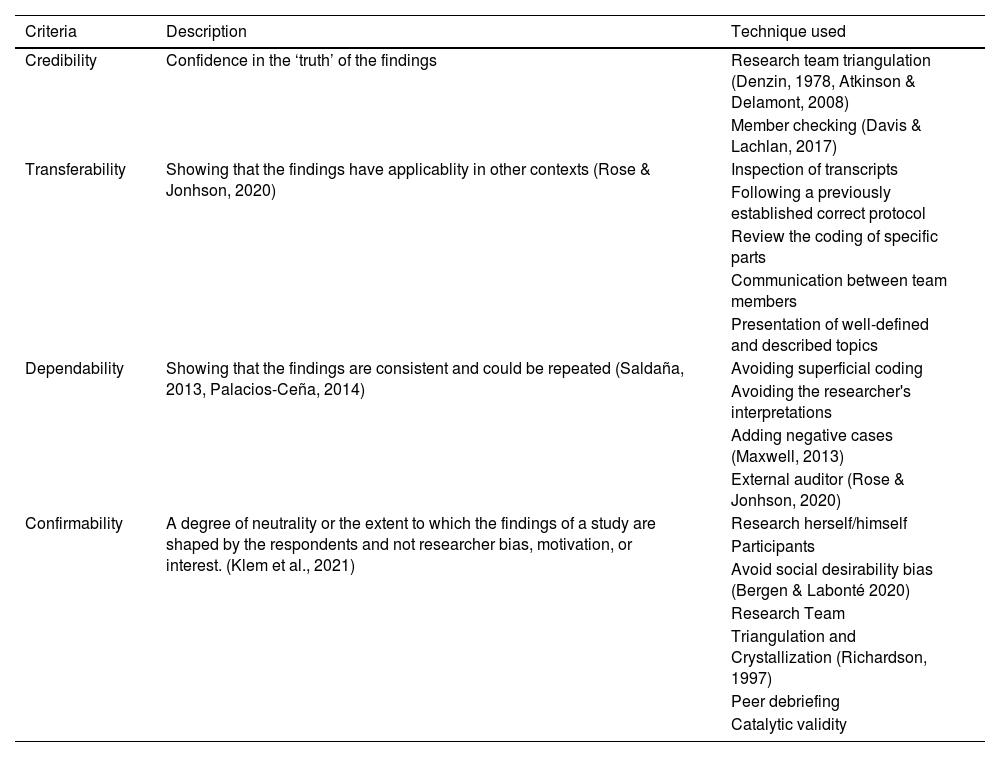Parkinson’s disease (PD) affects the physical, cognitive, emotional, and social domains of people who suffer it. A good strategy for patients is to belong to an Association, using the services they offer.
ObjectiveThe aim of this study was to explore the experiences and perceptions of patients with PD in a Parkinson’s Association.
MethodsA sample of participants with PD who met the inclusion criteria was selected through purpose and theoretical sampling. Semi-structured qualitative interviews were used to collect the data, which was analyzed by thematic phenomenological analysis. Different strategies such as triangulation between researchers were used to ensure methodological rigor.
ResultsThe data analyzed from 10 participants led to two themes: the context of the Association, where the importance of interdisciplinary treatments and the relationship with other patients is collected; and how they see their future, which describes the future perspectives that patients with PD have.
DiscussionPatients agree on the importance of belonging to the Association, feeling part of a group, while benefiting from receiving therapies from the interdisciplinary team. The Association plays a relevant role in the evolution of the disease, as it influences how patients imagine their future. Developing strategies based on a good therapeutic alliance with professionals at the service of patients promotes the empowerment, adherence and continuity of treatments at home, which results in improving the quality of life of patients with PD.
La enfermedad de Parkinson (EP) afecta a las personas que la padecen, en diferentes ámbitos; físico, cognitivo, emocional y social. Una buena estrategia para mejorar la vida de los pacientes es pertenecer a una Asociación, utilizando los servicios que ofrecen.
ObjetivoEl objetivo de este estudio fue analizar las experiencias y percepciones reportadas de los pacientes con EP en una Asociación de Parkinson.
MetodoMediante muestreo intencional y teórico se seleccionó una muestra de participantes con EP que cumplían los criterios de inclusión. Se utilizaron entrevistas cualitativas semiestructuradas para recolectar los datos, que fueron analizados mediante análisis fenomenológico temático. Se utilizaron diferentes estrategias como la triangulación entre investigadores para asegurar el rigor metodológico.
ResultadosSe analizaron los datos de 10 participantes dando lugar a dos temas: el contexto de la Asociación, donde se recoge la importancia de los tratamientos interdisciplinares y la relación con otros pacientes; y cómo ven su futuro, que describe las perspectivas de futuro que tienen los pacientes con EP.
DiscusiónLos pacientes coinciden en la importancia de pertenecer a la Asociación, sintiéndose parte de un grupo, a la vez que se benefician de recibir las terapias del equipo interdisciplinar. La Asociación juega un papel relevante en la evolución de la enfermedad, ya que influye en cómo los pacientes imaginan su futuro. Desarrollar estrategias basadas en una buena alianza terapéutica con profesionales al servicio de los pacientes favorece el empoderamiento, la adherencia y la continuidad de los tratamientos en casa, lo que favorece la mejora de la calidad de vida de los pacientes con EP.









